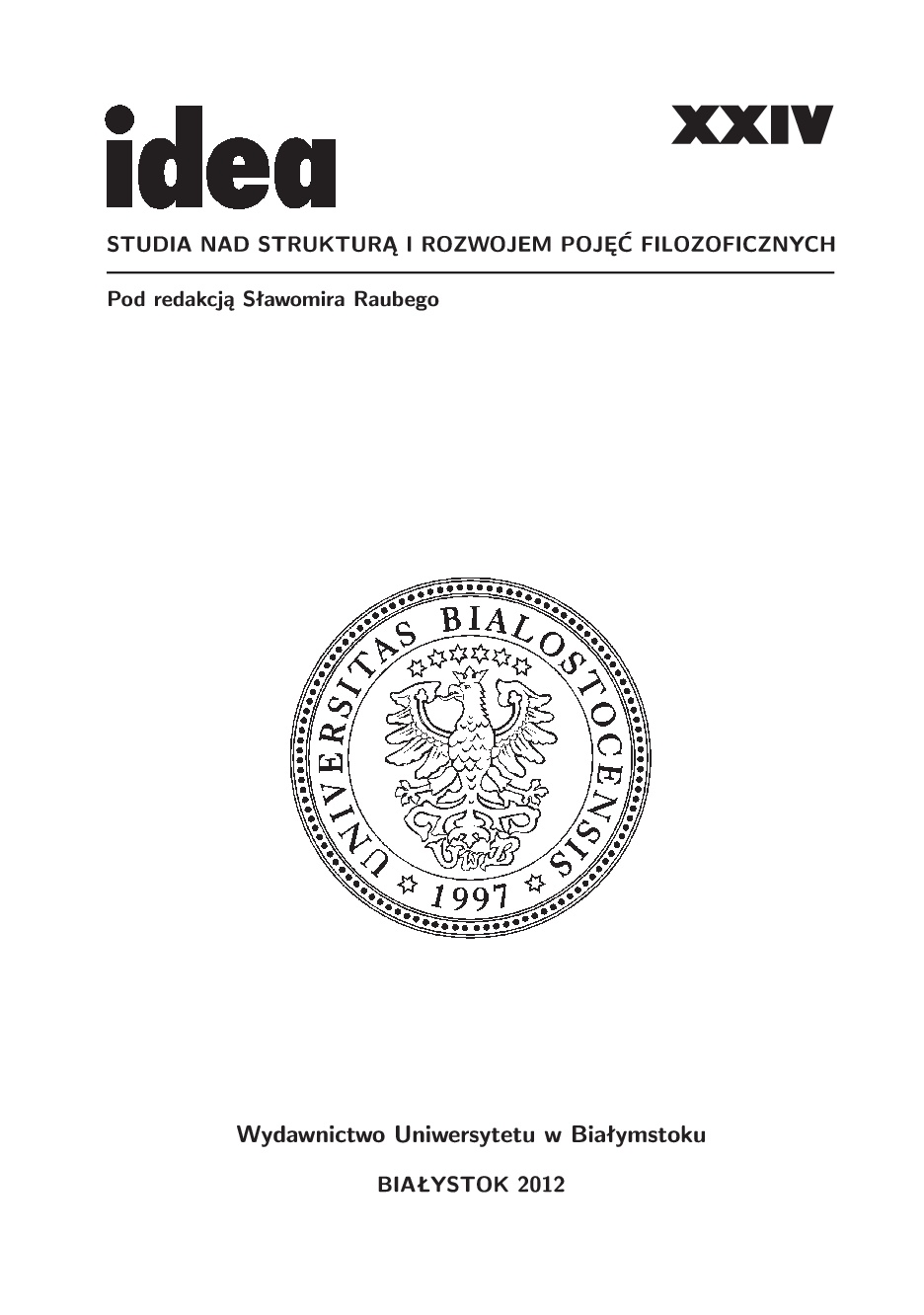Suhraward¯I’s Criticism of Avicenna’s Epistemology with a Special Emphasis on the Theory of Essential Definition
Suhraward¯I’s Criticism of Avicenna’s Epistemology with a Special Emphasis on the Theory of Essential Definition
Author(s): Tahir UlucSubject(s): Metaphysics, Epistemology, Islam studies, Philosophy of Religion
Published by: Wydawnictwo Uniwersytetu w Białymstoku
Keywords: Islamic philosophy; philosophical criticism; Avicenna; Suhraward¯ı; Islamic Peripateticism;
Summary/Abstract: This paper is intended to compare the epistemologies of two major schools of classical Islamic philosophy, namely, the Mash¯ash¯a¯ıyya and the Ishr¯aqiyya. The term Mash¯ash¯aiyya is the literal Arabic translation of Peripateticism that refers to the Islamic philosophical school that is largely characterized by Aristotelianism and Neoplatonism and is represented by Alpharabius, Avicenna, and Averroes. As for the Arabic term Ishr¯aqiyya, meaning literally illuminationism, designates the philosophical school, founded by Shih¯ab al-D¯ın Suhraward¯ı, which is composed of such a broad range of elements as Platonism, Neoplatonism, Pythagorianism as well as Islamic mysticism, pre-Islamic Persian angelology and symbolism. One, however, can reduce Suhraward¯ı’s illuminationism to a twofold structure: theoretical and philosophical on one hand and intuitional and mystical on the other. The latter consists largely of Suhraward¯ı’s extensive critique of Avicenna’s views in the fields of epistemology, physics, and metaphysics. The present study aims at elaborating on his critique of Avicenna’s epistemology with a special emphasis on the latter’s theory of definition.
Journal: Idea. Studia nad strukturą i rozwojem pojęć filozoficznych
- Issue Year: 1/2012
- Issue No: XXIV
- Page Range: 255-284
- Page Count: 30
- Language: English

